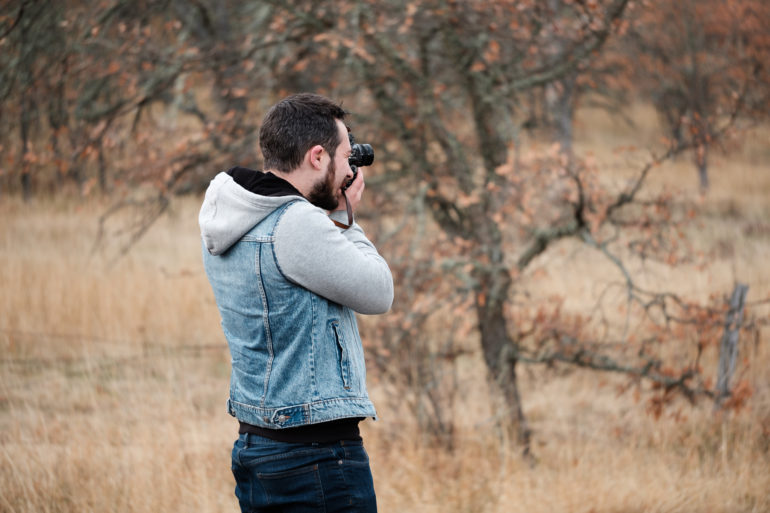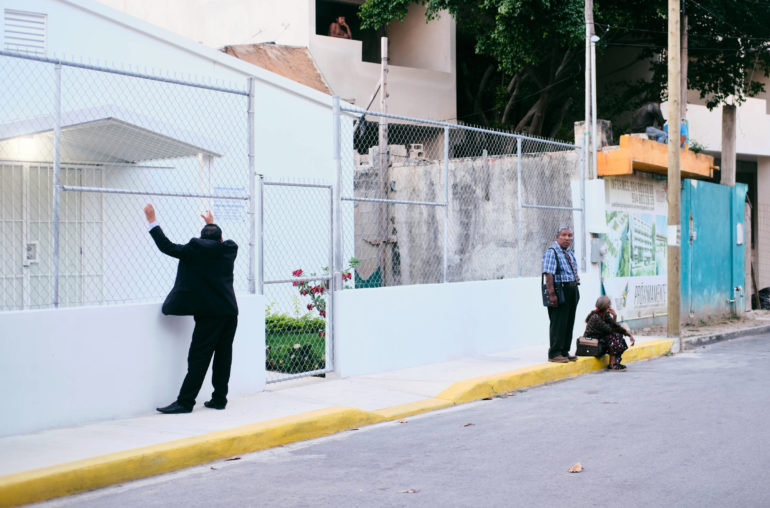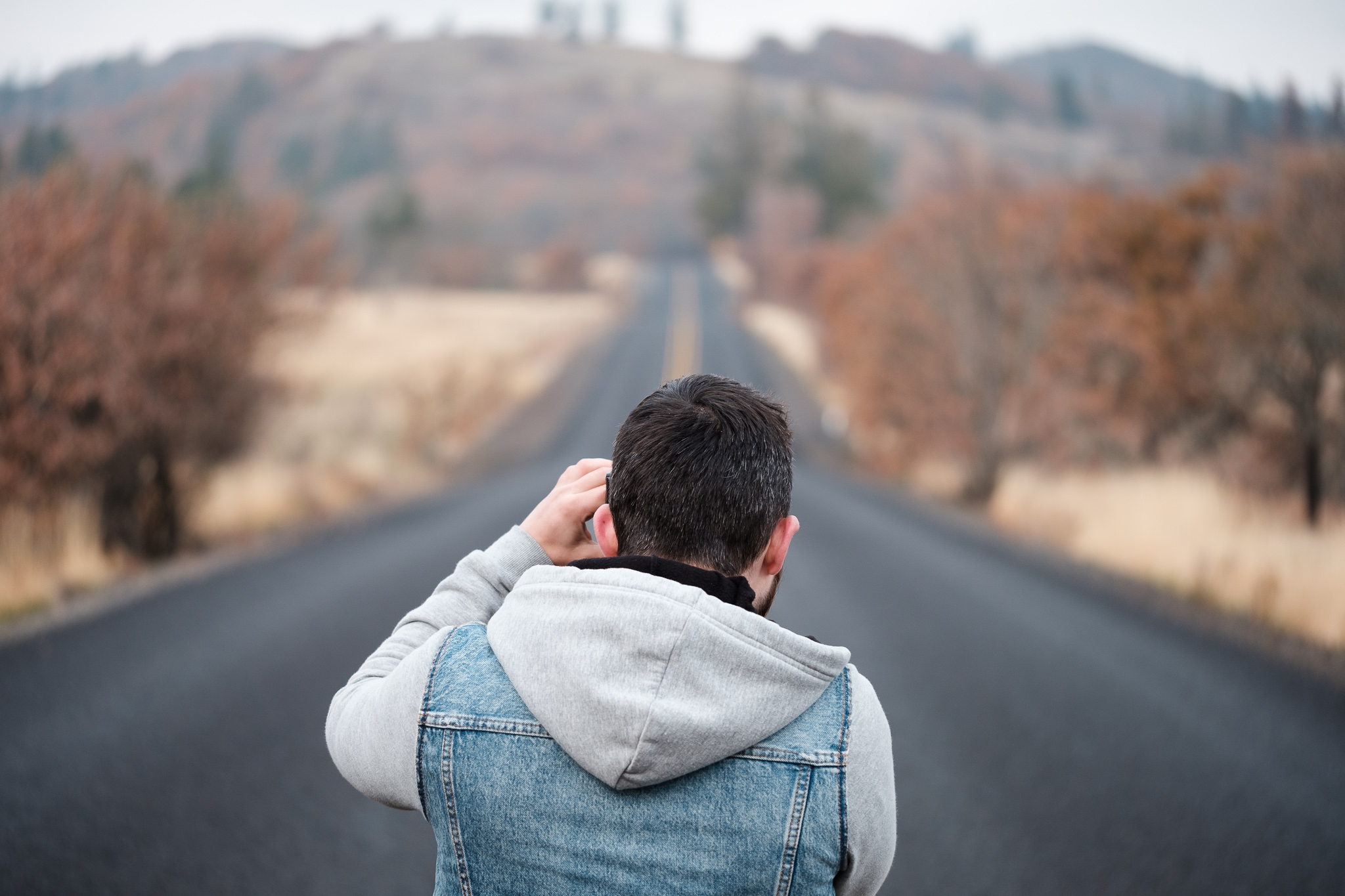Last Updated on 03/08/2020 by Mark Beckenbach
A study suggests photography can help with depression – it certainly helped me with mine.
Feature Shoot recently ran a story that highlighted a study published by researchers from Lancaster University and the University of Sheffield. First published in the spring of 2018, the study noted that participants involved noticed an improvement in their mental health after taking a photo every day for two months. Studies are not always the best way to get a real-world understanding of theory, but I feel my own experience may be able to unwrap why the practice of photography can have such a positive impact on a person’s mental health.
My Journey to Photography
Like a lot of people of my generation, I spent much of my early twenties feeling lost, disconnected, and unmotivated. Feeling like I did not have an identity, I became depressed and found myself turning to drugs. I was so desperate to be attached to something that I didn’t care if it was either positive or negative. Drugs turned into alcohol, alcohol turned into gambling, and before I knew it, I was 25 years old and spiraling out of control. It was a tough time. I didn’t want to be the drug guy, the reckless one – that’s not how I wanted the world to view me.
“I was no longer Dan, the drug addict, or Dan, the reckless drunk. I was Dan The Photographer Guy – I’d found a new identity. “
So I got clean as they say: changed friendship circles and started again. I had always been creative, and I first flirted with the idea of being a photographer when I was in my late teens. It wasn’t my time back then; life got in the way, and it seemed my attraction to the photographic art form was nothing more than a phase.
Photography Gives You an Identity

By the time I was 26, I had spent a year away from drinking and drugs. One day I was going through some boxes at my parent’s house, and I came across a camera. I forget the exact model, but it was an Olympus bridge: I remember that. It was loaded with an SD Card, so I just took it out and started shooting. I had remembered some skills I had picked up back when I was younger, so I already knew my way around a camera. The images were nothing to write home about, but they were good enough to inspire me to buy my own camera. I saved some cash and got myself a Nikon D3200 – I loved that camera.
I took it everywhere with me. Random walks, meals out, parties – you name it, I took it. My friends started to ask me to take photos of them. Admittedly it wasn’t because I was a good photographer, but more because I had a good camera. We had fun. We created. And it helped me improve my skills. Soon enough, whenever my friends introduced me to new people, one of the first things they would say was “he’s a photographer” or “he loves photography.” It became my thing. People would say, “oh, you’re Dan, the photographer guy.”
“I can spend hours roaming the streets, creating photographs. It takes me away from my thoughts, my anxieties, and it puts me in a much more positive and happy state of mind.”
I was no longer Dan, the drug addict, or Dan, the reckless drunk. I’d become Dan, The Photographer Guy – I’d found a new identity. It gave me a purpose in life; I had found my calling, and nothing made me happier.
Photography as a Form of Meditation

In my late twenties, I started to experiment more with meditation. I did the standard 10-minute YouTube meditation, attended group meditations, and even held a raisin in my hand to “connect to it.” I saw the benefits, but honestly, I was bored out of my brains and just stopped doing it. After reading about mindfulness mediation and the art of being present, I finally found a way I could meditate.
By this point in my life, I had fallen deep into street photography: a practice that requires a tremendous amount of concentration. If you want to do it well, there’s no time for being distracted by your smartphone and the like. You need to be fully present – you need to mindful. I can spend hours roaming the streets, creating photographs. It takes me away from my thoughts, my anxieties, and it puts me in a much more positive and happy state of mind. The more I practice it, the happier I am, and this takes me away from any feelings of depression.
The Process of Creation
Being able to create something that did not exist before is very empowering. Having ownership of a piece of art, a photograph, a concept, should fill anyone with pride. I’m immensely proud of all of my photographs, the good and the bad. Knowing I can create boosts my confidence so much. It makes me believe in myself, and it allows me to feel talented. I feel I have a role in this world, one that is healthy.
“… I encourage you to pick up a camera. It may change your life. “
So when I read studies like the one from Lancaster University and the University of Sheffield, and I hear the experiences of other photographers, I can relate. I believe we all have ways of coping. Things we turn to to help get us through the journey of life. There’s nothing wrong with needing something: it’s what makes us human. But it so easy to go down the wrong path when you’re anxious and depressed. You run the risk of convincing yourself that poor coping mechanisms are what you need to manage the pain you’re living with. Too many people wake up when it’s too late.
Those susceptible to it may never live a depression-free life. It may always be something they, we, I, need to manage. But if we can continue living in a time that becomes more open to the conversation of mental health, we can help each other create positive strategies that help us be happy during our relatively short time on earth.
If you’re reading this feeling anxious and depressed, and you’re considering exploring photography, I encourage you to pick up a camera. It may change your life. It certainly changed mine.


